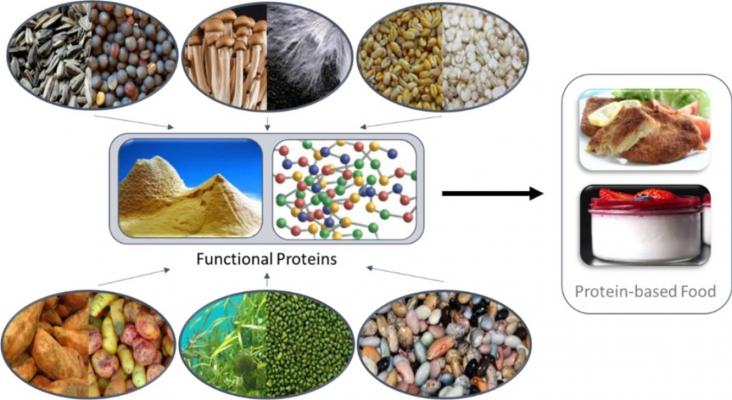This chapter contributes to SDGs 2 and 3 by addressing topics associated with the alleviation of malnutrition in globally diverse populations via wheat and barley biofortification.
Climate change and population growth generates a decrease in water availability around the world which can compromise the maintenance of sustainable agriculture.
This book chapter addresses SDGs 2 and 17 by explaining the past, present and future of food safety.
Improving rice yield potential is crucial for global food security. Taoyuan, China, is famous worldwide as a special ecosite for ultrahigh rice yield.
Nitrous oxide (N2O) is the most important greenhouse gas produced by agricultural soils and is a byproduct of microbial nitrification and denitrification processes.
Improvements in the effectiveness of packaging materials can help to prevent foodborne pathogens and reduce environmental waste.

Driven by current climate discussions, the search for alternatives to animal proteins has been intensified in recent years.
Elsevier,
Food Safety and Quality Systems in Developing Countries, Volume III: Technical and Market Considerations, 2020, Pages 1-40
This book chapter addresses SDGs 2 and 10 by explaining how to implement food safety and quality systems in developing countries.
As climate impacts farming, so does farming impact climate change. Identifying best-practices that optimise food security while protecting the environment is a key to sustainable food security. This chapter contributes to SDGs 2, 3 and 12.
Climate change forcing, with the increasing of the extreme rainfall, is one of the major critical factors for major critical factors for Agricultural landscapes cultivated in hilly and mountainous areas.
